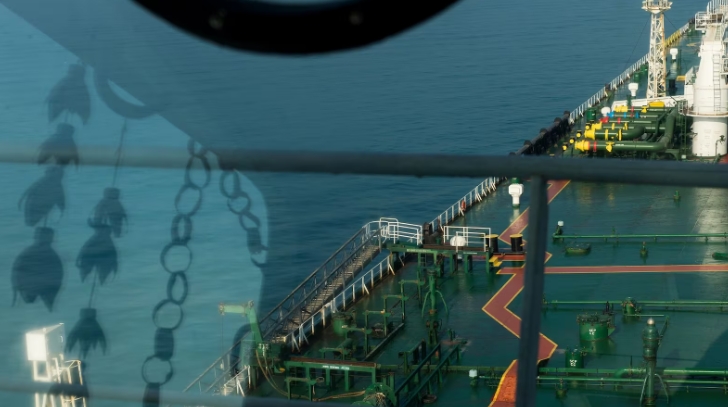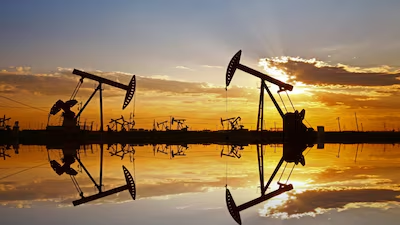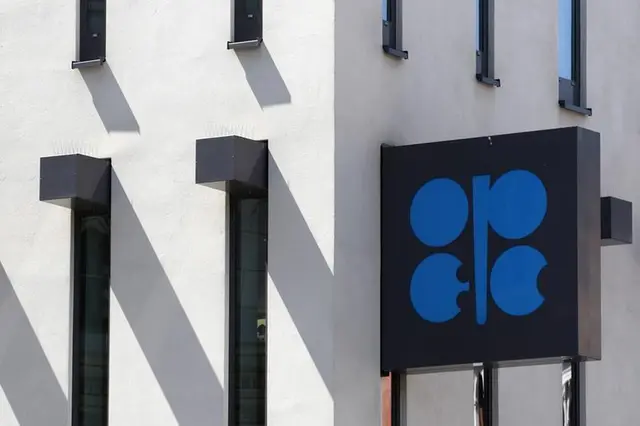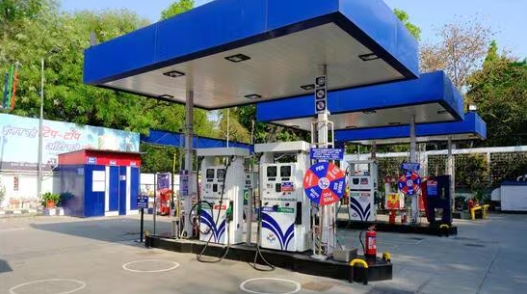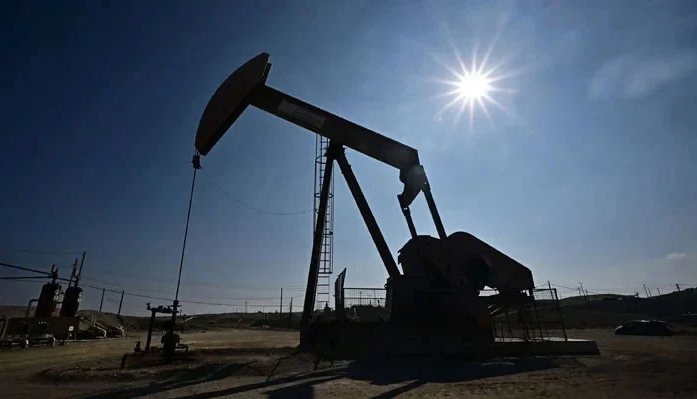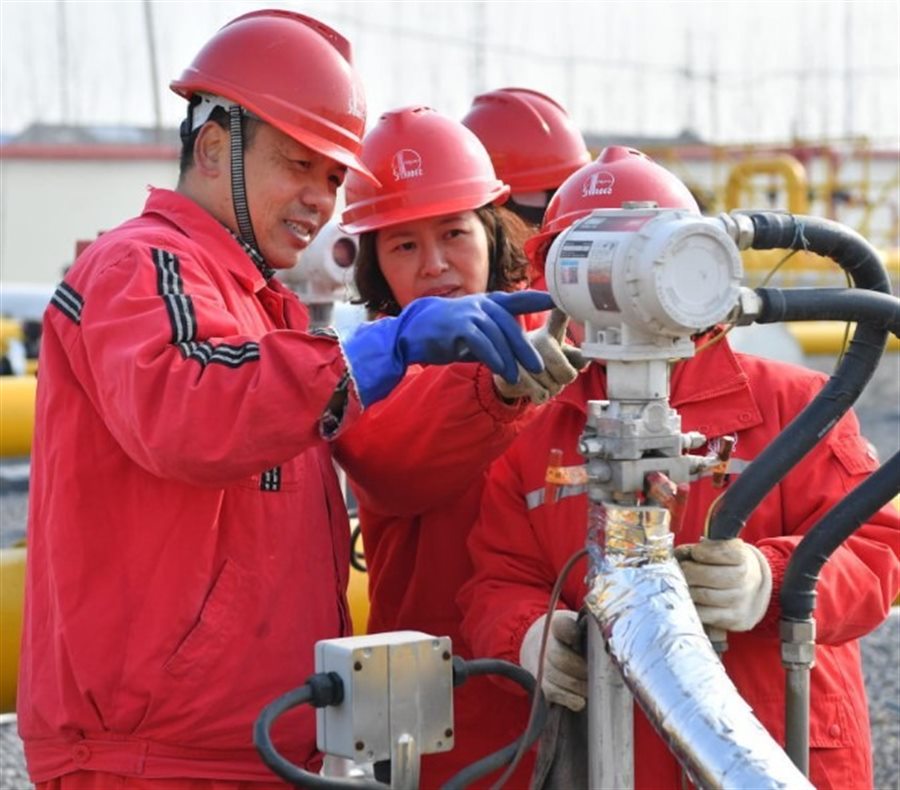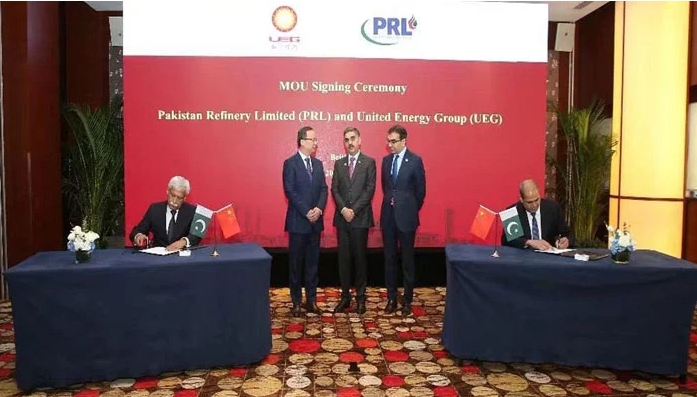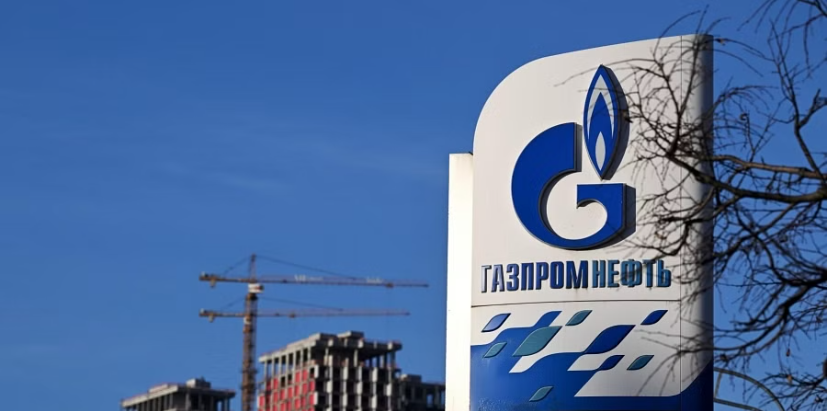The Nuclear Policy Council (Conseil de Politique Nucléaire, CPN) - headed by President Emmanuel Macron - met on 3 February to "take stock of the entire French nuclear dossier, both in the short and long-term". The council has called for a new skills development programme, as well as studies into how radioactive waste will be managed, in order for a nuclear new-build programme to be launched.

(Image: Pixabay)
"The decisions taken during this Nuclear Policy Council will make it possible to prepare the next multi-annual energy programme, which will be presented in June 2023, before a debate in Parliament on the energy and climate programming law," a presidential statement said.
In order to ensure the security of French electricity supply, and after a historically low level of production of the country's power reactors over the past two years, the CPN has launched the "remobilisation of all players to prepare for winter 2023 by anticipating at best scheduled reactor outages".
The statement added: "With a view to producing carbon-free and competitive electricity over the long term, the CPN has also validated the launch of studies to prepare for the extension of the life of existing power plants to 60 years and beyond, under strict conditions of safety guaranteed by the Nuclear Safety Authority."
France's multi-year energy plan - the Programmation Pluriannuelle de l'Energie (PPE) - is a roadmap for the periods 2019-2023 and 2024-2028, setting out the country's main energy priorities and thereby guiding public and private investment. The PPE is in line with the country's low-carbon strategy. With these two sets of guidelines, the country aims to meet the targets set by the Paris Climate Agreement and achieve carbon neutrality by 2050. Although the PPE was published by the government in late-2018, discussions are still ongoing. Once finalised, the PPE will determine how many reactors should be shut down and how many new ones should be constructed.
In February last year, President Macron announced that the time was right for a nuclear renaissance in France, saying the operation of all existing reactors should be extended without compromising safety and unveiling a proposed programme for six new EPR2 reactors, with an option for a further eight EPR2 reactors to follow.
Last month, the French Senate overwhelmingly approved a draft bill aimed at accelerating procedures related to the construction of new nuclear facilities near existing nuclear sites and to the operation of existing facilities. The bill will be voted on by the National Assembly in March.
At its meeting, the CPN reviewed the main issues relating to the construction programme for the six new EPR2 nuclear reactors, which is the subject of a public debate ending at the end of February. Its conclusions will be incorporated into the future PPE. The new French nuclear programme also involves the development of small modular reactors (SMRs) and advanced modular reactors (AMRs), with the aim of having at least one first-in-a-series SMR in operation in the 2030s.
"With regard to the trajectories that will be integrated into the PPE, the CPN has also engaged all the players in a reflection to draw the consequences of the relaunch of the French nuclear programme on the management of ultimate waste," the Élysée statement said. "Several studies will thus be launched to be presented at a next CPN in 2023.
"In order to master all the issues and the nuclear sector, the CPN has also validated the establishment of a major training plan for nuclear professions and has officially launched the first projects which will be presented shortly," it continued. "In terms of research in the nuclear field, the role of the CEA will be strengthened to support the government in steering and programming research in this strategic field."
The statement said that the revival of nuclear power is a "priority project" for the country in "the consolidation of its sovereignty and for the respect of our ambitions in terms of decarbonisation and competitiveness of the French economy".
Macron meets twice per year with the Nuclear Policy Council. The June CPN meeting will validate the orientations of the PPE for 2030-2035. The CPN at the end of 2023 will be devoted in particular to the detailed review of the EPR2 programme.
Set up by former President Nicolas Sarkozy in 2008, the CPN is a top-level ministerial council on nuclear energy policy. The council sets main policy features as well as their implementation in terms of export, international cooperation, industrial policy, energy policy, research, safety, security and environmental protection.
